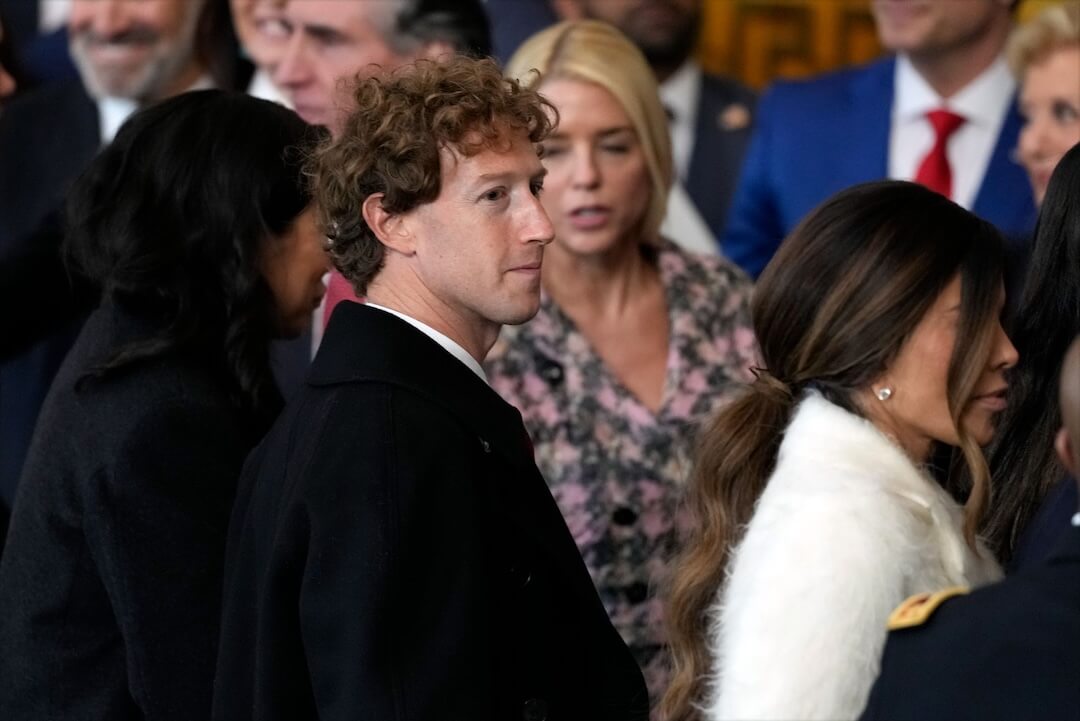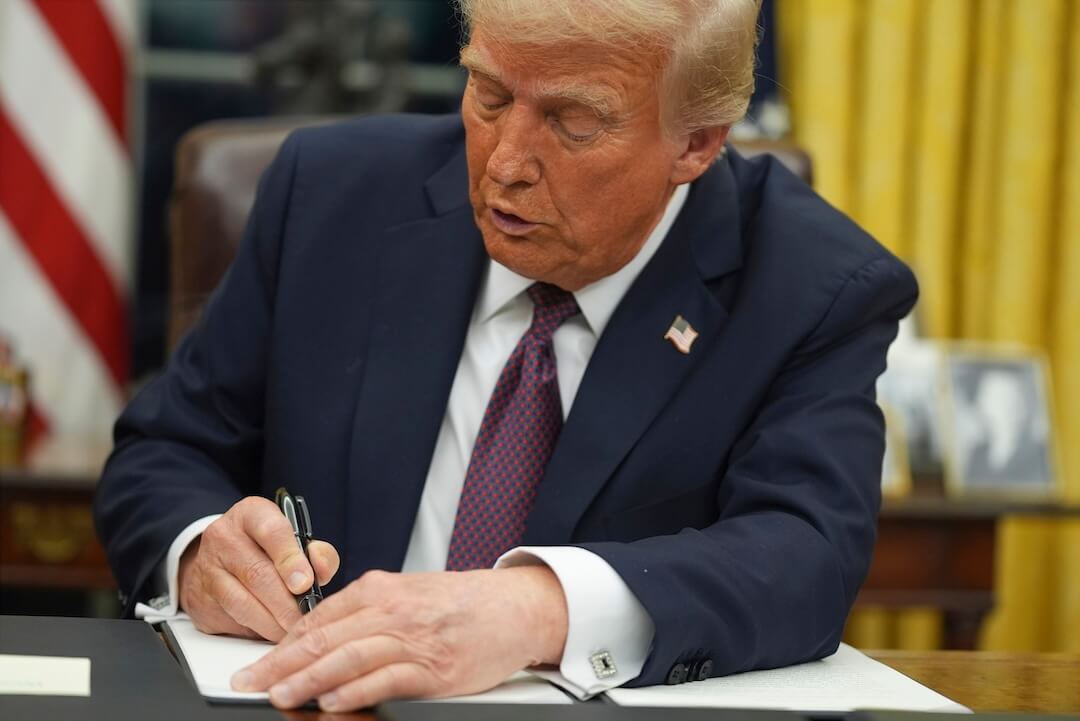The same week that Pete Clifton, BBC’s head of editorial development for multimedia journalism, told journalism.co.uk that BBC must do better at linking to external sites, the search engine optimization blog Blogstorm roundly criticized BBC for using a convoluted linking mechanism which denies the sites that BBC links to any benefit in their Google ranking.
Clifton told journalism.co.uk that BBC’s dearth of external links hasn’t been “about people slavishly coming back to the BBC. This is a real change in our view that we feel much more part of the Web. We want to say [to the audience] ‘go and look at some alternative views’ and to reflect a wider media community on the site.”
The BBC isn’t using the standard nofollow link widely employed by many bloggers. Rather, Blogstorm reported that BBC’s external links (which once were direct) “are now passing through two redirect scripts using a 302 redirect which is highly unlikely to pass any PageRank.”
Google’s PageRank system rates Web pages based on several factors. Most significant is the number of other pages linking to it — and their PageRank. So if a high-ranking site links to yours, that inbound link can help boost your PageRank. The BBC’s News site has a PageRank of 9.
Blogstorm lives up to its name by calling this practice “an outrageous act of selfishness and greed.” But I think it’s more likely to be an outrageous act of stupidity and/or laziness: a clumsy way of monitoring how many links are clicked. It certainly doesn’t send out a particularly positive statement about how the BBC perceives its relationship to the rest of the Web, however. Nor will it help generate inbound links from the sites that BBC links out to.
To the BBC’s credit, the tech editor of BBC News, Darren Waters, responded in the comments on Blogstorm, promising to pass it on. Clearly that happened, as the BBC later responded. (Note: That response came to my attention as I was scanning the inbound links to my blog — demonstrating once again why journalists should not only blog but monitor incoming links.)
On Nov. 5, John O’Donovan (chief architect for BBC FM&T journalism) explained BBC’s approach, saying their linking strategy isn’t “sinister.” Also: “We are rolling out improvements to the way this works, as already used on some other parts of the site. Essentially we [currently] use JavaScript to retain search engine optimization and Google Juice for external sites, while we will still be able to track external links. Search engines, casual observers, and those without JavaScript will still see the original URL.”
For more info on this controversy and other linking-related topics, see my Delicious bookmarks on “linking”.





